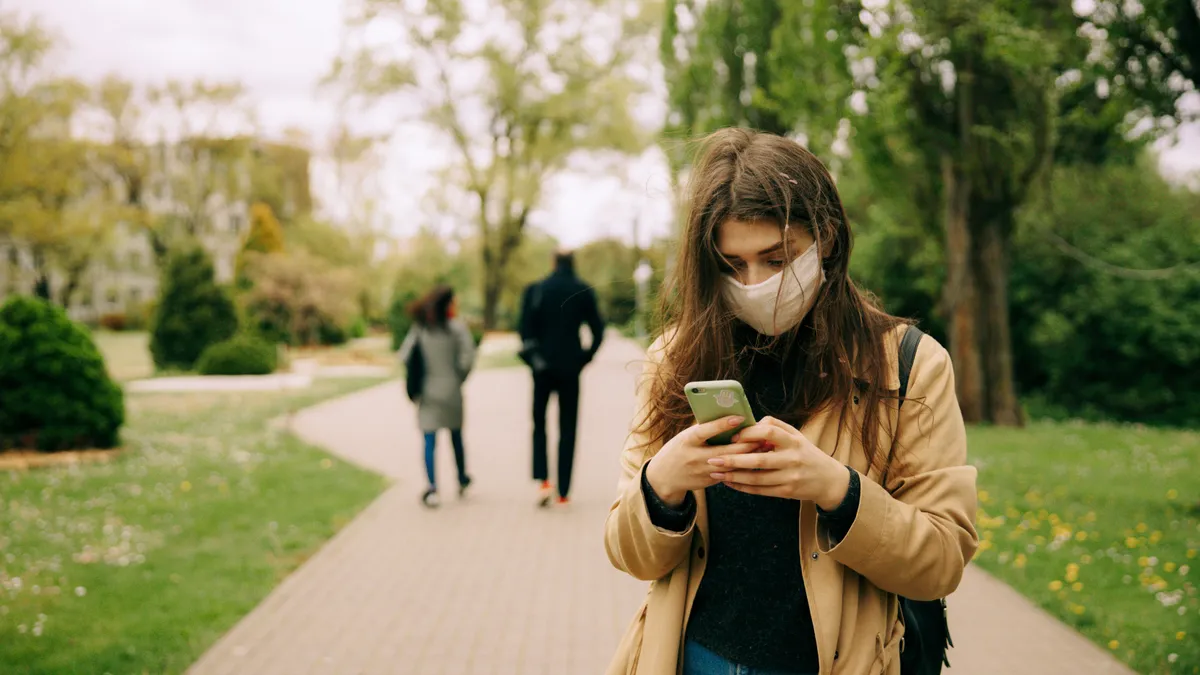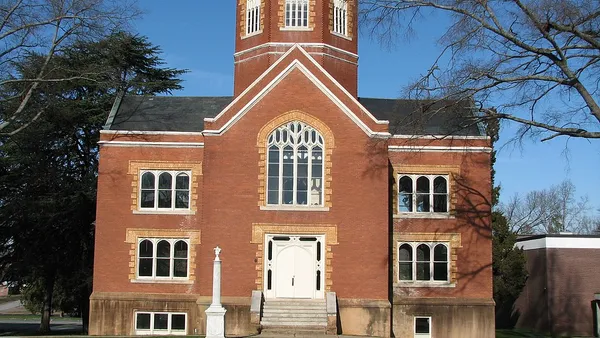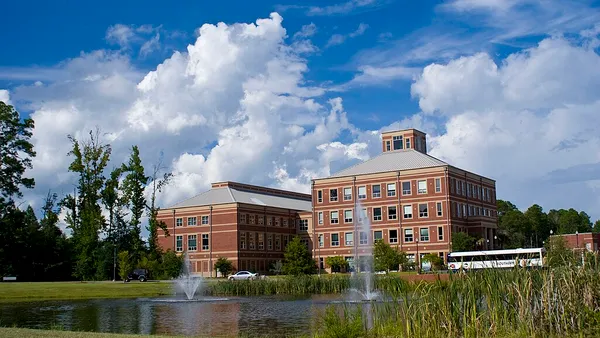Dive Brief:
-
Many are returning to online learning as coronavirus cases climb nationwide, complicating their ability to offer student housing for the rest of the academic year.
-
The University of Michigan, for example, reduced residence hall density for the remainder of the year, leaving some students scrambling to find a place to stay.
-
Many institutions refunded lucrative housing and other auxiliary fees in the spring, which created some of their initial financial difficulties.
Dive Insight:
The abrupt transition to online instruction in the spring threw colleges' budgets into a tailspin, as most refunded students' room and board money.
As they prepared for the fall, however, officials at several institutions clarified they wouldn't necessarily return these fees if the coronavirus again forced them to shut down their campuses. Even such prominent schools as the University of Maryland, College Park, instituted such a policy.
The University of North Carolina at Chapel Hill let students out of on-campus housing contracts after it switched to online learning at the beginning of the fall semester. Yet this still left students who wanted to stay nearby but couldn't remain on campus, and those who were locked into off-campus leases, struggling to find a place to live.
Many colleges have not made housing decisions for the coming term. Carleton College, a private school in Minnesota, said in October that while it could provide housing for about 1,600 students for the winter term, it hadn't decided on housing availability for the spring.
Schools likely will be finalizing spring housing soon to avoid a repeat of the uncertainty at the end of the last academic year, said Audrey Anderson, counsel with law firm Bass, Berry & Sims and a former general counsel for Vanderbilt University.
Students generally pay for college one term at a time. Colleges that were face-to-face this fall but are moving spring classes online likely won't guarantee housing for the rest of the academic year so they don't have to walk back their offers, Anderson said.
She said institutions that decide to house students on-campus this winter and spring but end up sending them home early will still likely give students their money back, even if their contracts don't require them to. Doing otherwise would "create such bad will" for colleges, she said.
Students and families wouldn't have much legal recourse against colleges that didn't promise to return housing fees if dorms closed, Anderson added.
"It doesn't mean they won't sue,” she said. “It just means they won't win."















